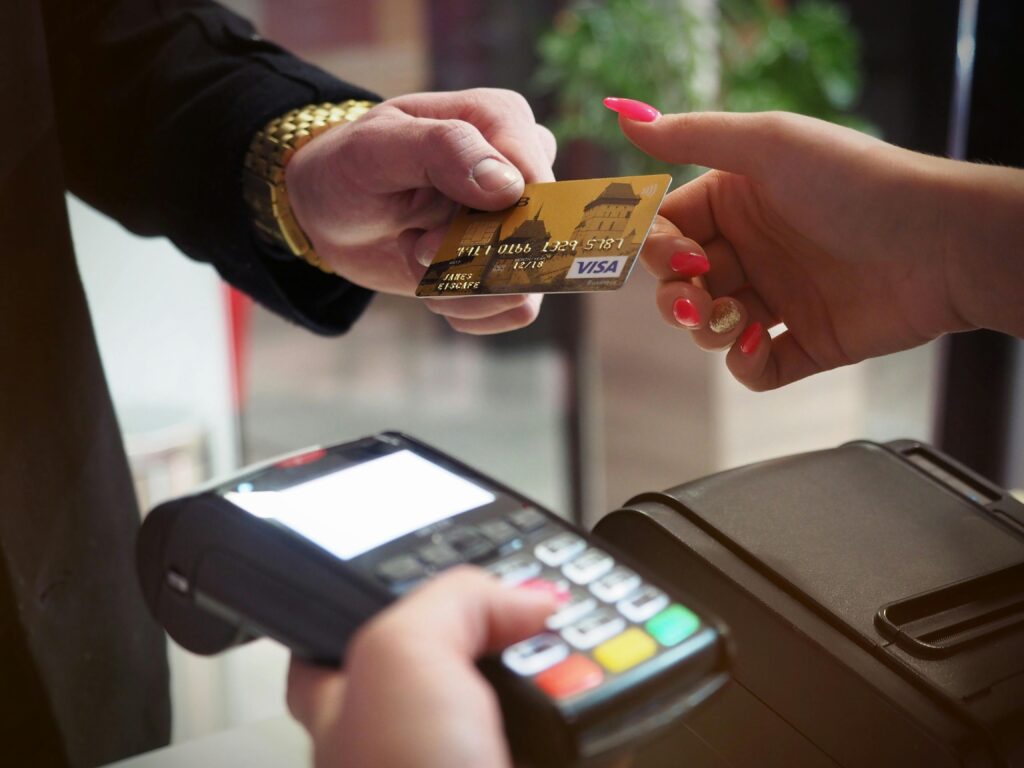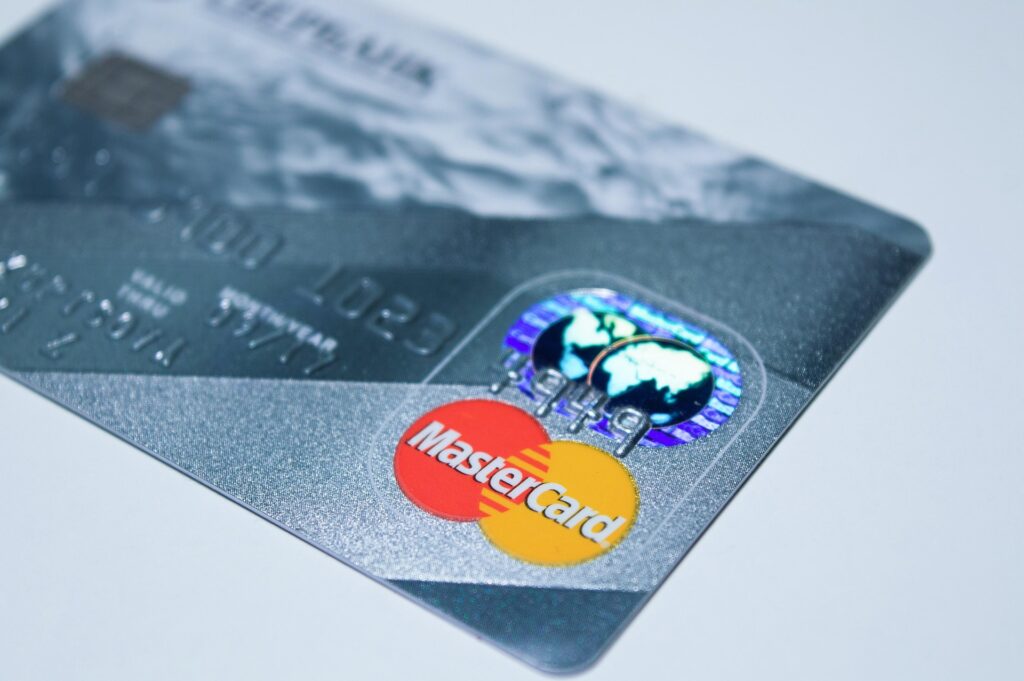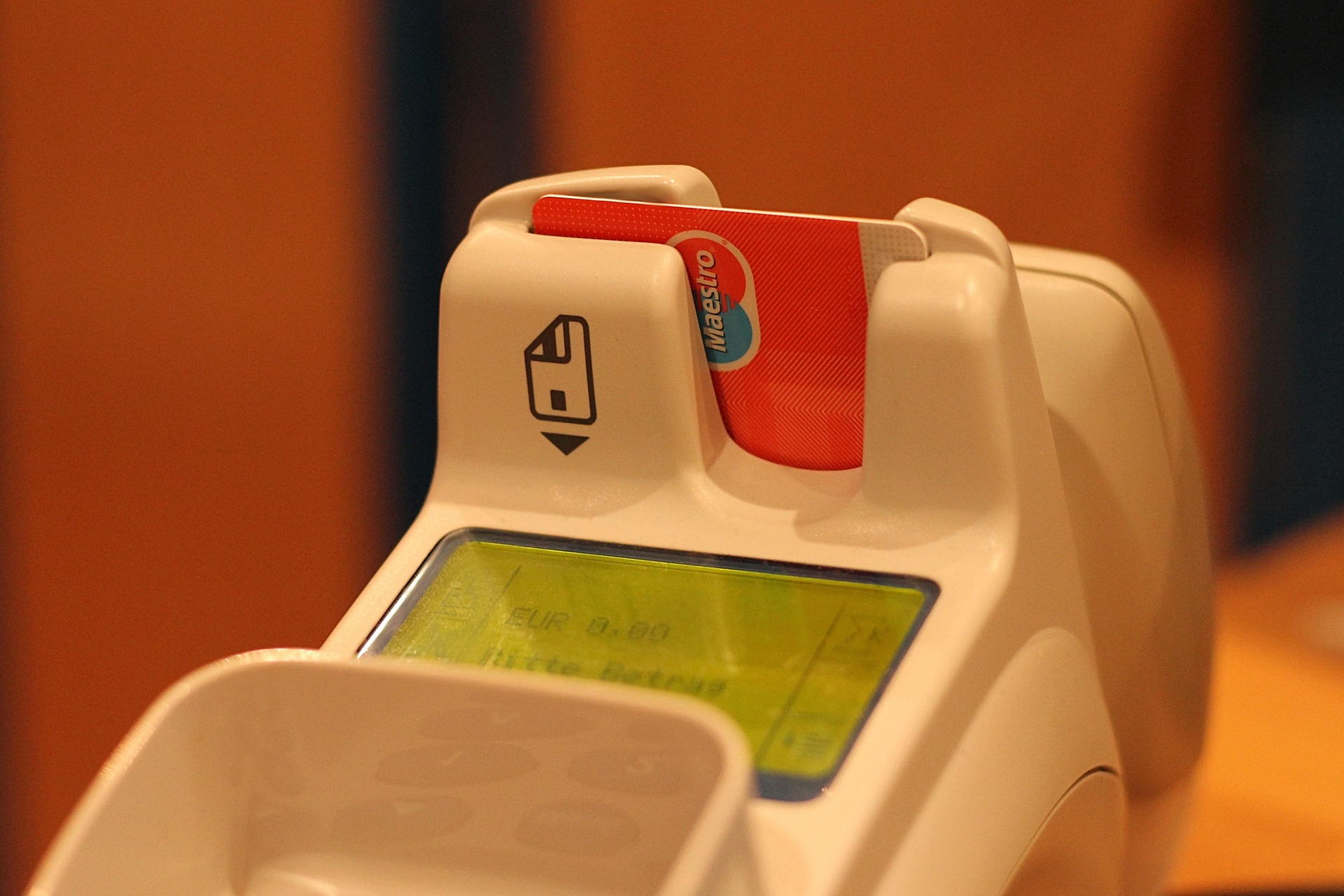When I first got my credit card, I thought it was just a piece of plastic that would help me buy things online. However, after years of using it, I realized something interesting. Credit cards don’t just change how we pay – they actually change how we think about money itself.
The Magic Trick in Your Wallet
Think about it this way: when you hand over cash, you feel it leaving your hands. Moreover, you see your wallet getting lighter. But when you swipe a credit card, nothing physical changes. Therefore, your brain doesn’t register the same “loss” feeling. This is what experts call the “pain of payment,” and surprisingly, credit cards reduce this pain significantly.
Furthermore, studies show that people spend 12-18% more when using cards instead of cash. Additionally, we tend to buy more expensive items because the payment doesn’t feel “real” in the moment. Consequently, that designer coffee or extra pair of shoes suddenly seems more affordable.
The Monthly Statement Reality Check
Here’s where things get interesting. Most people live in two different money worlds. First, there’s the “swiping world” where everything feels affordable. Then, there’s the “statement world” where reality hits hard at the end of the month.
Meanwhile, credit card companies understand this psychology perfectly. They make the spending part as smooth as possible, while the payment part often involves logging into websites, setting up transfers, or remembering due dates. As a result, the easy part (spending) happens automatically, but the hard part (paying) requires effort and planning.

The Subscription Trap Nobody Talks About
Moreover, credit cards have created something I call “subscription amnesia.” Since payments happen automatically, we often forget about services we signed up for months ago. Subsequently, that $9.99 streaming service you tried once continues charging your card indefinitely.
Similarly, gym memberships, app subscriptions, and other recurring charges pile up because they’re invisible. Therefore, many people are paying for services they don’t even remember having. In fact, research suggests that Americans spend 79% more on subscriptions than they think they do.
The Credit Score Game
Additionally, credit cards play a crucial role in building your financial reputation. Your credit score affects everything from apartment rentals to job applications. However, the credit system has some quirks that feel counterintuitive.
For instance, closing old credit cards can actually hurt your score, even if you’re trying to be responsible. Furthermore, using too much of your available credit limit damages your score, but so does not using your cards at all. Consequently, managing credit becomes a balancing act that requires ongoing attention. Moreover, understanding how to master your financial story through strategic credit card use can significantly improve your long-term financial position.
The Rewards Illusion
Credit card rewards programs deserve special mention because they’re brilliantly designed psychological tools. When you earn “points” or “cash back,” it feels like the credit card company is giving you free money. Nevertheless, studies show that people with rewards cards tend to spend more overall, often negating the benefits.
Moreover, rewards create what behavioral economists call “mental accounting errors.” We treat reward money differently than regular money, often spending it more freely. Therefore, that $50 cash back might lead to $75 in additional purchases because it feels like “found money.”
Building a Healthier Relationship with Credit
So how do we use credit cards wisely while understanding these psychological tricks? Here are some strategies that have worked for many people:
Set up automatic payments because relying on memory is risky. However, don’t just pay the minimum – automate the full balance payment to avoid interest charges.
Use the envelope method digitally by checking your account before making purchases. This way, you maintain awareness of your spending in real-time.
Review statements monthly and treat it like a monthly financial check-up. Look for subscriptions you forgot about, unexpected charges, or spending patterns that surprise you.
Keep one card active rather than carrying multiple cards. This simplifies tracking and reduces the temptation to overspend across different accounts.

The Emergency Fund Connection
Furthermore, credit cards can be both helpful and harmful during emergencies. While they provide immediate access to funds, they’re expensive ways to handle financial surprises. Therefore, building a small emergency fund should be a priority, even if you have available credit.
Meanwhile, having both an emergency fund and a credit card creates a better safety net. You can use the fund for most emergencies and save the credit card for situations where cash isn’t accepted or when you need more time to access your money.
Teaching the Next Generation
Finally, we need to think about how we teach young people about credit cards. Simply telling them to “be responsible” isn’t enough because the psychological forces are powerful and often invisible.
Instead, we should explain how credit cards affect our thinking and decision-making. Additionally, we can teach them to recognize the difference between “card money” and “real money” in their minds. Moreover, starting with debit cards helps them understand digital payments without the credit component.
Looking Forward
Credit cards aren’t going anywhere, and they can be valuable tools when used thoughtfully. However, understanding the psychology behind them gives us power over our financial decisions. Subsequently, we can enjoy the convenience and benefits while avoiding the common traps.
Remember, the goal isn’t to fear credit cards but to use them consciously. Therefore, next time you reach for your card, take a moment to consider whether you’d make the same purchase with cash. This simple mental check can help bridge the gap between your “swiping self” and your “financial planning self.” Additionally, thinking of credit cards as your financial time machine can help you make decisions that benefit both your present and future self.
Ultimately, money management is as much about psychology as it is about mathematics. Once we understand how our brains respond to different payment methods, we can make choices that align with our actual financial goals rather than our in-the-moment impulses.




